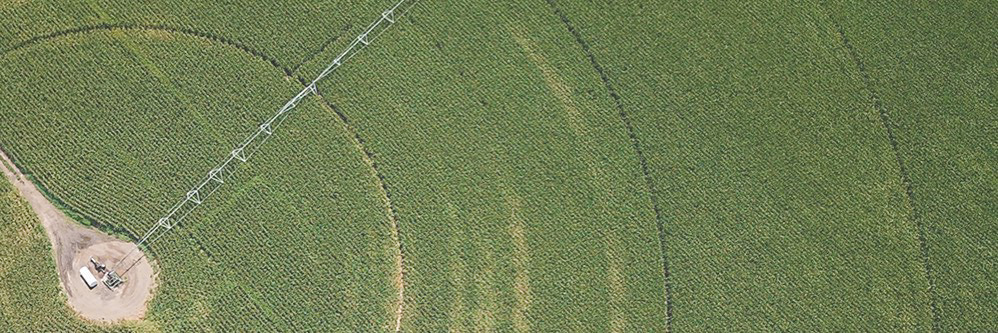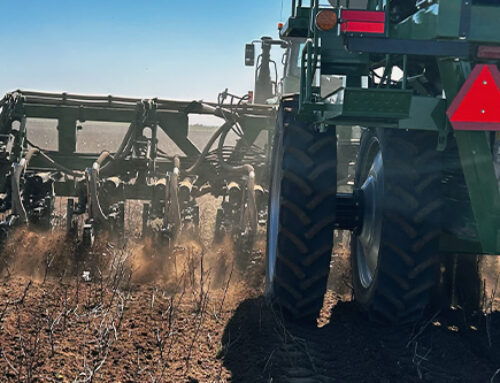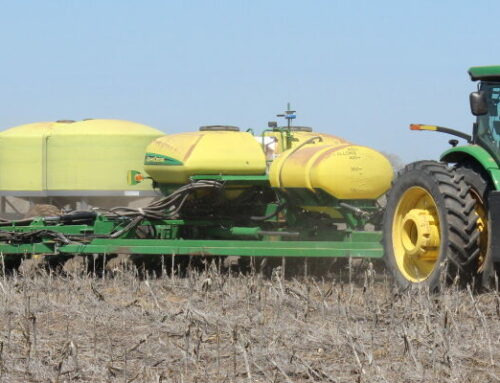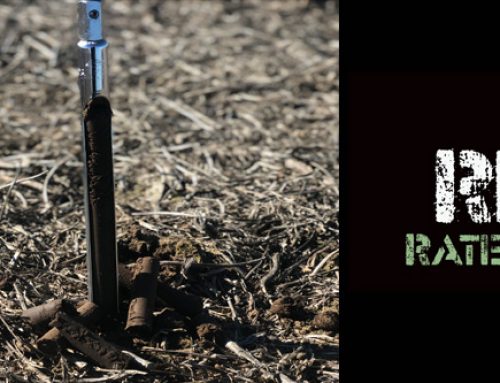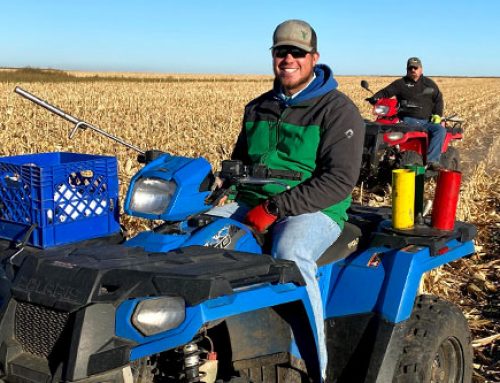When we typically think of grid sampling, our goal is to locate where nutrients are deficient and in excess across a field. This allows us to target fertilizer applications only to areas that require additional fertilizer and take advantage of the excess nutrients in other areas of the field by reducing the amount of fertilizer in those areas. However, excess soil fertility has value in another way.
When farmland is purchased, the tax code allows the purchaser to deduct the value of the excess fertility in the field. Just like other improvements on the ground, such as fences, pivots, grain storage, drainage tiles, or terraces, excess fertility is considered to be a depreciable asset, and can be taken as a tax deduction! This tax benefit can be attained by simply following some set guidelines.
Establishing Beneficial Ownership and Tax Deduction Criteria
- The land purchaser must establish Beneficial Ownership
- The purchaser can NOT have farmed the acquired land during the prior crop season.
- If the land is inherited, the heir can NOT have farmed the land during the prior crop season.
- The land must be grid sampled to determine soil fertility levels.
- Establish that the residual fertilizer is being ‘exhausted’, i.e. used by the crop.
If these criteria are met, then the excess fertility value can be deducted, and even amortized over time. This value can be substantial and can easily reach many hundreds of dollars per acre. Crop Quest can perform a residual soil fertility study to establish the value of the excess fertility. We will pull grid samples to obtain the soil fertility data, as well as do the calculations to determine residual fertility levels and value for each nutrient. We can also provide information on the time it will take to ‘deplete’ each nutrient’s excess.
Leveraging Soil Fertility Data for Tax Savings and Productivity
Once this data is in hand, the purchaser can work with their tax advisor to decide on the depreciable amount to deduct and amortize. This information is valuable to both the buyer and seller of the land. If you are either planning on selling or purchasing land, it is well worth your time to contact Crop Quest and uncover potential tax savings. There is no reason to leave this money on the table!
As an added benefit, this same data can be used for future fertility recommendations to place necessary fertilizers in the right place at the right time to help you grow a more productive crop. If you are planning on selling or purchasing land in the future, we urge you to reach out to your Crop Quest Representative for more information. Feel free to call us at 620-225-2233 or contact us for more information.
